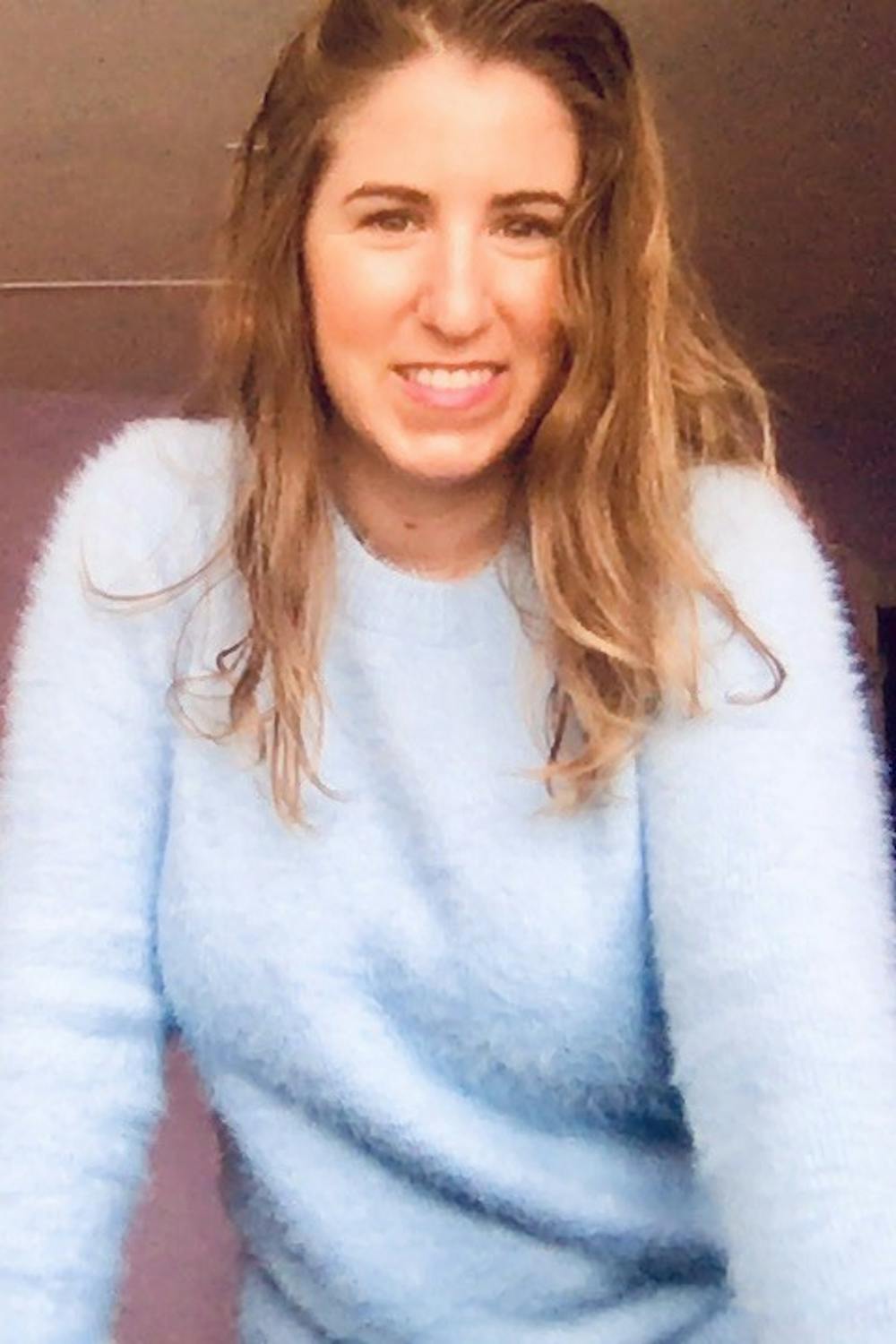In early 2019, I wrote an opinion article for The Eagle where I expressed my gratitude to a professor who stuck with me through a near-death experience and two traumatic hospitalizations. Dr. Anastasia Snelling, who was my undergraduate adviser, gave me a fresh start at the lowest point of my life through the University’s master's degree program in health promotion management.
Unexpectedly, my account of recovering from anorexia and psychosis received over 265 likes on American University's Facebook page. That outpouring of support led me on a journey of discovery that I had not experienced as an undergraduate: what it means to be a real part of the AU community.
One of the people who commented on the Facebook post, professor Andie Rowe, opened the first door after I completed my graduate degree. I reached out to thank her online, we then met in person, and she invited me to be a guest for her course, Multicultural Health. I created a presentation that covered the impact of eating disorders and the path to recovery through my personal lens.
Interacting with students helped heal past wounds. As an undergraduate, I had succeeded academically, but missed the social experience of campus life because of my constant anxiety. Now, I was sharing my message authentically with freshmen and sophomores who were interested. The stigma of mental illness began to fade. For the first time in my adult life, my heart and mind were aligned.
Other doors opened for me when April Hobby, the associate director of outreach in the alumni relations office, invited me to dinner. I was living in South Florida at the time, following a year of treatment, and jumped at the opportunity to conduct phone interviews with prospective students. A few months later, at the beginning of 2020, I moved back to the D.C. metro area.
In March, as the coronavirus quarantine hit, I wrote a blog that provided coping skills for students juggling their studies and home life. Ms. Hobby took note as I established myself as a mental health advocate. She included my writing and volunteer work in an article on champions of AU. At the same time, President Sylvia Burwell recognized me as a changemaker in a spring 2020 COVID-19 update.
I was lucky to be advocating for these things at the right time. The alumni affairs office called my efforts to the attention of the Assistant Dean for Graduate Enrollment, Judith Stockmon. She invited me to join her in a conversation in early summer with prospective CAS graduate students on staying mentally fit. The webinar bolstered my confidence and motivated me to make a presentation about the role that self-care played in helping me reduce stress.
Then, I was given another amazing opportunity because of the AU community connection. Dr. Snelling, with whom I had stayed in touch, asked me to teach a new course that drew upon my experience using movement to heal. We decided on the name Intuitive Fitness, which described exercise as an instinctively whole-body experience rather than a rigid routine.
I felt a tremendous sense of responsibility to be prepared to teach in-person at AU on Saturday afternoons. Then, the decision to go entirely virtual changed everything. I had to revise the syllabus and learn how to conduct a class on Zoom. With the support of Dr. Snelling, I rethought my lesson plans and invited guest speakers who changed my life. The new course is going to be even better than the one I had originally planned.
What I’ve learned about AU applies to everybody who is part of the University. Distance learning shouldn’t prevent us from being part of what AU has to offer. A resilient community won’t ever let an Eagle fly alone.
Laura Susanne Yochelson is a health studies adjunct instructor in the College of Arts and Sciences. She is an outside contributor. The opinions expressed by the author are hers alone, and do not necessarily reflect the views of The Eagle and its staff.





